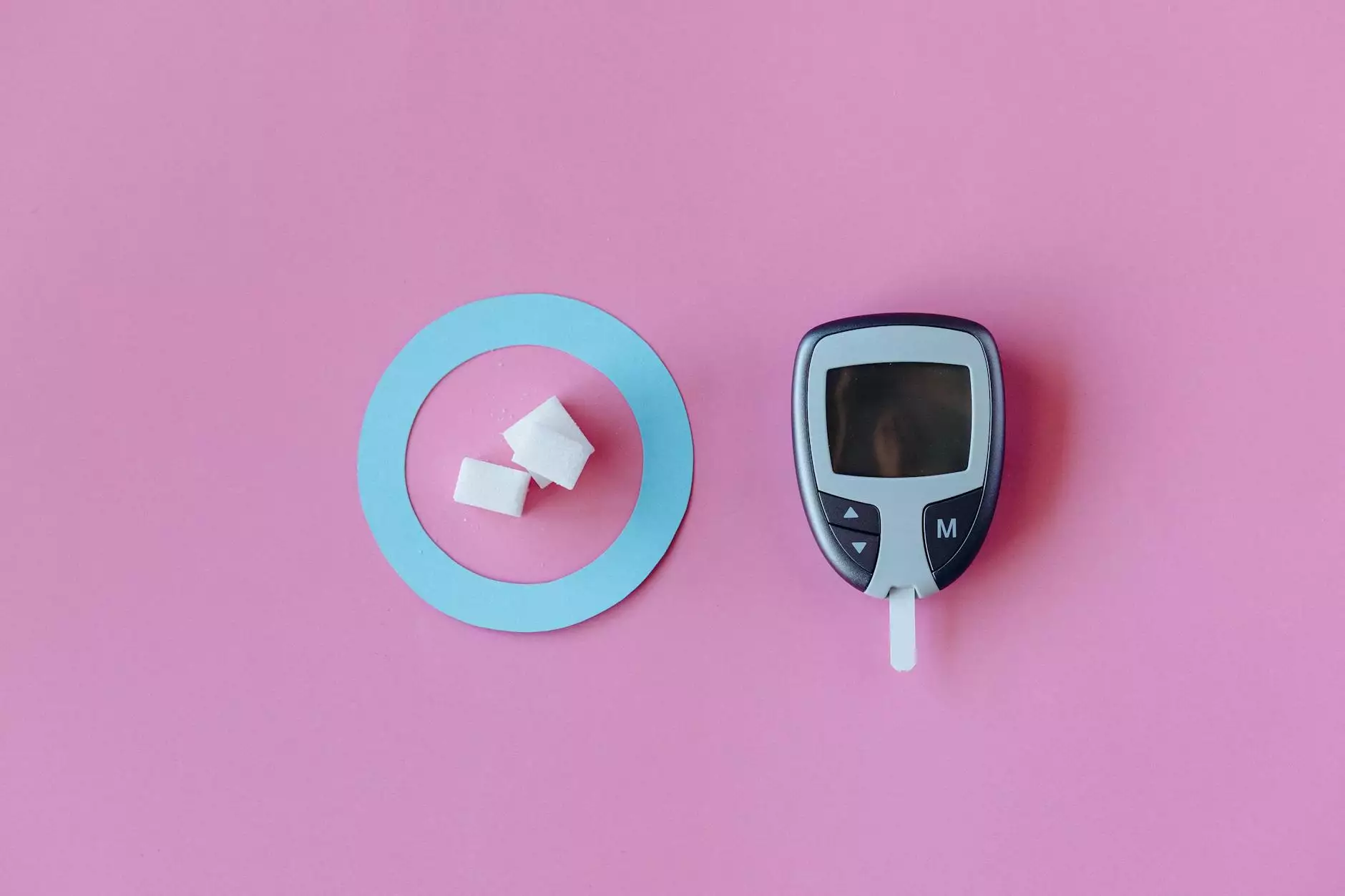Brain CT Scan - Richard Martinez, MD
Emergency Response
Introduction
Welcome to the informative page on brain CT scans, presented by Richard Martinez, MD. As a renowned medical professional specializing in neurology, Dr. Martinez aims to provide you with comprehensive information about brain CT scans and their importance in diagnosing and preventing strokes.
Understanding Stroke
Strokes are a serious medical condition that require immediate attention. They occur when the blood supply to the brain is disrupted, resulting in damage to brain cells. Recognizing the signs of a stroke and seeking prompt medical care can make a significant difference in a patient's outcome.
Signs of a Stroke
It's crucial to recognize the signs of a stroke as early as possible to ensure prompt treatment. Common signs include:
- Weakness or numbness in the face, arm, or leg, especially on one side of the body
- Difficulty speaking or understanding speech
- Sudden confusion or trouble with vision
- Dizziness or loss of balance
- Severe headache without a known cause
Preventing Strokes
Preventing strokes is a key aspect of maintaining good health. By making certain lifestyle changes and managing underlying medical conditions, you can significantly reduce your risk of experiencing a stroke. Some preventive measures include:
- Adopting a healthy diet rich in fruits, vegetables, and whole grains
- Engaging in regular exercise to maintain a healthy weight and promote cardiovascular health
- Quitting smoking and avoiding secondhand smoke
- Limiting alcohol consumption to moderate levels
- Controlling high blood pressure, cholesterol levels, and diabetes through regular check-ups and adherence to prescribed medications
The Role of Brain CT Scans
Brain CT scans, or computed tomography scans, are an essential diagnostic tool in the field of neurology. This non-invasive imaging technique uses X-rays to generate detailed cross-sectional images of the brain. These images help healthcare professionals identify and diagnose various conditions, including strokes.
Benefits of Brain CT Scans
Brain CT scans offer several benefits in the diagnosis and prevention of strokes. Some of the advantages include:
- Rapid and accurate visualization of the brain's internal structures
- Identification of bleeding, blood clots, and other abnormalities that may cause a stroke
- Assessment of the extent and location of any brain damage
- Monitoring treatment effectiveness and recovery progress
- Guidance for surgical interventions, if necessary
How a Brain CT Scan is Performed
A brain CT scan is a painless procedure that typically takes a short amount of time. During the scan, you will be asked to lie on a table that slides into the CT scanning machine. It's essential to remain still during the process to obtain clear and accurate images. In some cases, a contrast dye may be administered to enhance the visibility of specific structures or abnormalities.
Conclusion
In conclusion, understanding the signs of a stroke and taking preventive measures can significantly reduce the risk of experiencing a stroke. Brain CT scans play a vital role in diagnosing and preventing strokes by providing valuable insights into the brain's condition. Richard Martinez, MD, encourages individuals to prioritize their health and consult a healthcare professional if they experience any symptoms related to a stroke.




